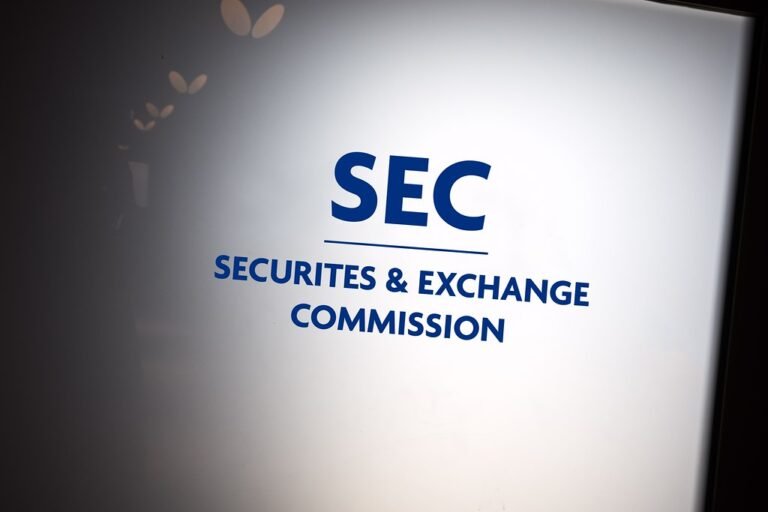
BALTIMORE, MD (Source : Axios) — When Synapse, a fintech platform that acted as a middleman between unlicensed fintechs and banks, went under earlier this year, it wasn’t just investors, founders, and employees who lost out—it was thousands of customers, many of whom saw their life savings disappear.
Synapse, which raised over $50 million in venture capital, most recently in a $33 million Series B round led by Andreessen Horowitz, provided infrastructure for fintech companies like Yotta, offering banking services without the need for a banking license. But after a dispute with Evolve Bank over account balances, the platform locked users out of their accounts, triggering the collapse.
The bankruptcy proceedings, which have left customers struggling to recover their funds, have revealed that between $65 million and $95 million in user deposits are currently unaccounted for. The situation remains unresolved, with a court-appointed trustee stating that Synapse lacks the funds to reconcile the missing balances—an effort that could cost between $2 million and $3 million.
In the meantime, customers like Kayla Morris, a mother of three, have been left in financial limbo. Morris, who had saved $282,153.87 in a Yotta account powered by Synapse, has only managed to recover $579 of her total savings, despite the promise that her funds were protected in FDIC-insured accounts. Morris was planning to use the money to buy a home in Arizona after selling her Texas house to relocate closer to family following a health scare. Now, with the collapse of Synapse, her plans are on hold.
While Synapse’s bankruptcy estate continues to untangle the mess, the missing funds have put a spotlight on the lack of accountability within the fintech ecosystem. Though Synapse and its partners, including Evolve Bank, are pointing fingers at each other, customers have received only a fraction of what they’re owed. Some users have reported receiving as little as one penny on the dollar.
The situation has sparked outrage among affected consumers, with some now exploring a potential class action lawsuit. Evolve Bank, which was responsible for holding some of the funds, has been a key point of contention. In a letter, CEO Scott Lenoir stated that discrepancies between Synapse’s ledgers and Evolve’s records indicated that the bank did not hold the amounts some parties had claimed. As of late October, Evolve still held $46.9 million in funds, but much of the distribution process has been completed by Synapse’s other banking partners.
While some fintech users have received slightly more than their original balances, the majority are still left with only a fraction of what they deposited. The situation has left many wondering if major players like Andreessen Horowitz, who backed Synapse, will step in to help, given their significant influence in the tech and fintech sectors.
The venture capital firm, which lost its investment in Synapse, has not commented on the situation. However, critics are calling on firms like Andreessen Horowitz to do more to help the affected users, as a small financial contribution from the venture firm could make a significant difference in resolving the issue.
At the heart of this crisis is a lack of consumer protection, particularly when it comes to fintech platforms that operate as intermediaries between users and banks. As more fintechs offer services like savings accounts and investment opportunities without traditional banking oversight, questions are mounting about how these platforms should be regulated and what happens when they fail.
While Evolve Bank & Trust has begun returning funds to some consumers, the broader mystery of the missing money remains unresolved. The ongoing dispute highlights the risks of the rapidly expanding fintech space, where regulatory gaps and a lack of oversight can leave consumers vulnerable. For now, users like Morris are left hoping for a resolution, while others seek justice through legal means.
.



